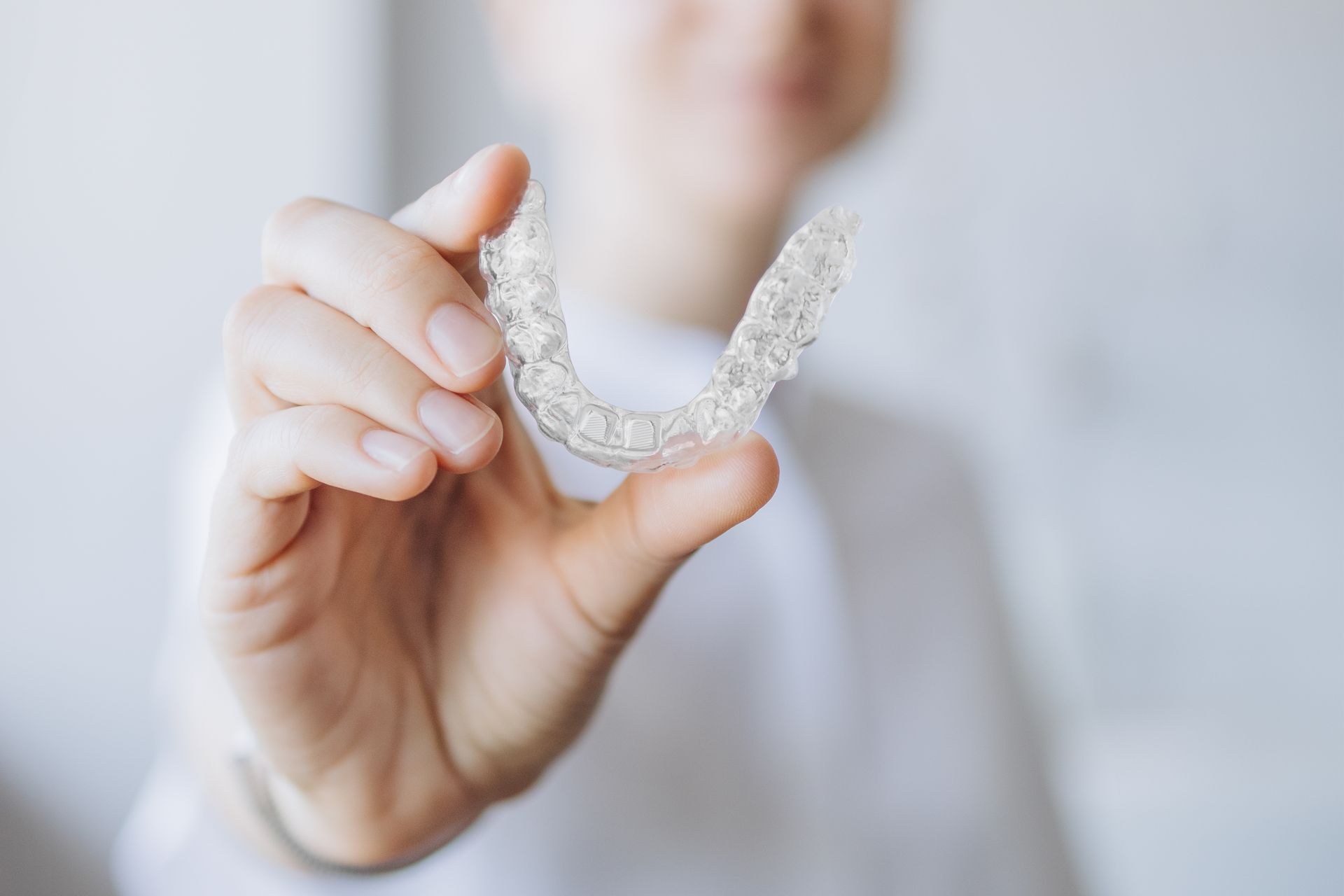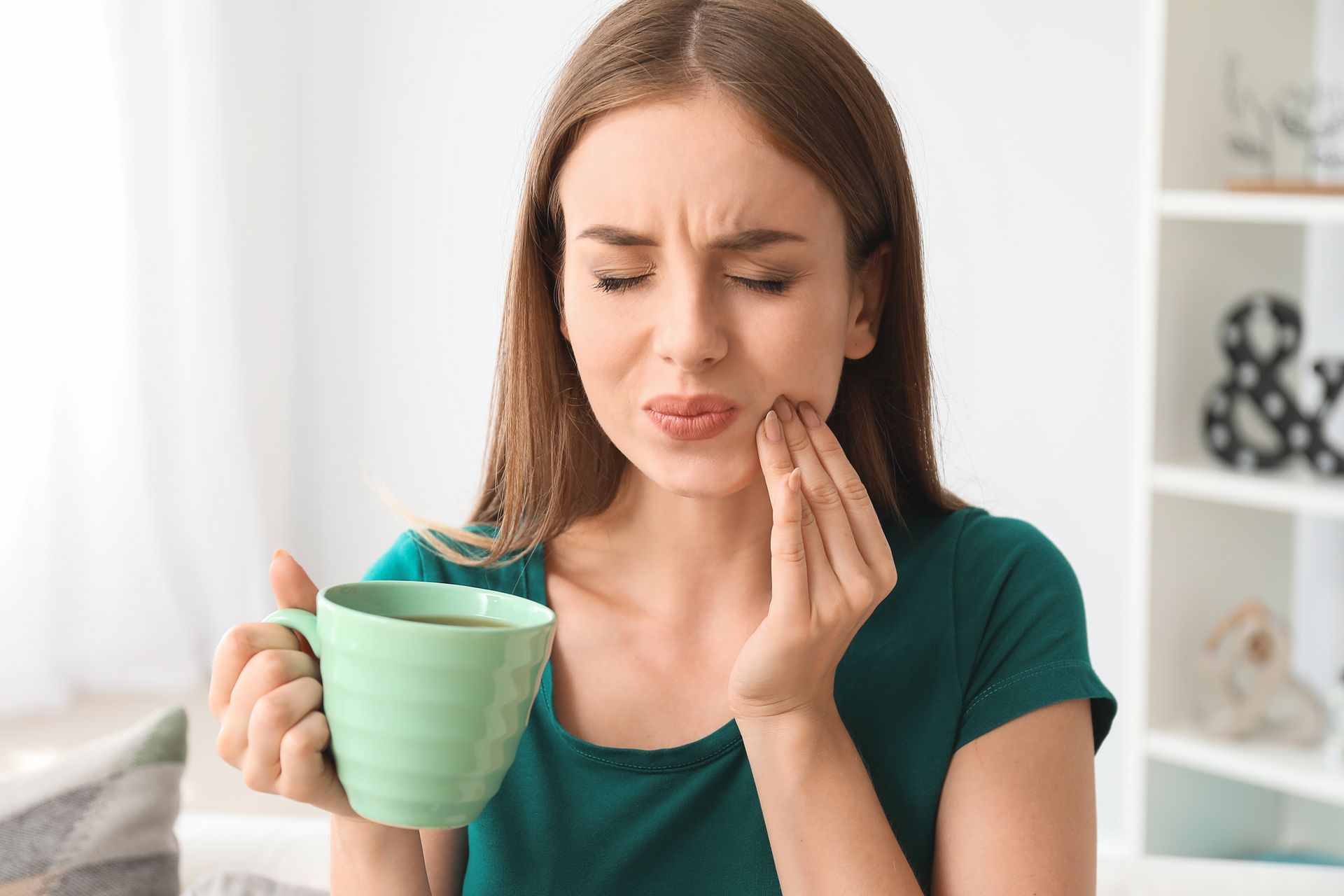How to Help Teens Maintain Oral Health
Helping teens maintain good oral health is important for their overall well-being. As teens grow, they need to develop habits that keep their teeth and gums healthy. Good oral hygiene practices established during these years can last a lifetime and prevent dental issues in the future.
Teens often have busy schedules filled with school, sports, and social activities. It can be challenging to make time for proper oral care. However, understanding the basics of dental hygiene and the importance of regular check-ups can make it easier to fit oral health into their daily routine.
Healthy eating is also crucial for maintaining strong teeth and gums. Educating teens about the impact of sugary snacks and beverages can help them make better food choices. Additionally, it is vital to inform them about the risks associated with oral piercings and tobacco use, which can harm their oral health.
In this guide, we will look at practical steps to help teens keep their smiles bright and healthy. From establishing a consistent oral hygiene routine to making smart dietary choices, we will cover all aspects to ensure that your teen’s dental health is in top shape. Let’s explore how we can support teens in maintaining excellent oral health.
Establish a Consistent Oral Hygiene Routine
Getting teens to establish a consistent oral hygiene routine can sometimes be a challenge, but it is crucial for maintaining healthy teeth and gums. Start by encouraging them to brush their teeth twice a day for at least two minutes each time. Using a toothbrush with soft bristles and fluoride toothpaste can help keep their teeth strong and free from cavities.
Flossing daily is another important habit to instill. It helps remove food particles and plaque from between the teeth and under the gumline, where a toothbrush can't reach. To make it easier, consider providing them with floss picks or a water flosser, which may be more appealing and convenient for teens.
Using a mouthwash that contains fluoride can add an extra layer of protection against tooth decay and gum disease. Remind teens to rinse for 30 seconds after brushing and flossing. Consistent oral hygiene practices can go a long way in preventing dental issues and ensuring a healthy smile.
Make Healthy Eating Choices
Healthy eating plays a significant role in a teen's oral health. Foods and drinks high in sugar can lead to tooth decay and cavities. Encourage teens to limit their intake of sugary snacks, sodas, and energy drinks. Instead, promote healthier options like water, milk, and natural fruit juices.
A balanced diet rich in fruits, vegetables, lean proteins, and whole grains is beneficial for both overall health and dental health. Foods like apples, carrots, and celery can help clean the teeth and stimulate saliva production, which naturally washes away food particles and bacteria.
Calcium-rich foods, such as yogurt and cheese, can strengthen teeth and bones. Incorporating these into your teen's diet can help keep their teeth strong and reduce the risk of cavities. By making smart food choices, teens can maintain good oral health and enjoy the benefits of a healthier lifestyle.
Understand the Importance of Regular Dental Check-Ups
Regular dental check-ups are crucial for maintaining good oral health, especially for teens. Visiting the dentist every six months allows for early detection and treatment of dental issues such as cavities, gum disease, and misaligned teeth. These visits are not just about cleaning; they are vital for comprehensive oral health care.
During a dental check-up, the dentist can monitor your teen's oral development and make sure their teeth and gums are healthy. Professional cleanings remove plaque and tartar that brushing and flossing might miss. Regular visits can also help identify any early signs of orthodontic needs, like braces or retainers, which are common during the teen years.
Encourage teens to view regular dental visits as a routine part of their health care. Discussing the benefits and addressing any fears or concerns they might have can make them more comfortable with the process. With regular check-ups, we can ensure that teens maintain a healthy smile and avoid more serious dental problems in the future.
Educate About the Risks of Oral Piercings and Tobacco Use
Educating teens about the risks associated with oral piercings and tobacco use is essential for their oral health. Oral piercings, such as tongue or lip rings, can cause numerous dental problems. They can lead to infections, chipped teeth, and even gum damage. Informing teens about these risks can help them make safer choices.
Tobacco use, including smoking and chewing tobacco, poses significant dangers to dental health. It can cause bad breath, tooth discoloration, and gum disease. More serious issues include oral cancer and a higher risk of tooth loss. Explaining these hazards can discourage teens from starting or continuing these harmful habits.
Having open and honest conversations about the impact of oral piercings and tobacco use can guide teens in making healthier decisions. Providing alternative ways to express individuality and cope with peer pressure can also be helpful. By educating them on these issues, we can protect their dental health and overall well-being.
Conclusion
Maintaining good oral health during the teen years sets the foundation for a lifetime of healthy smiles. From establishing a consistent oral hygiene routine to making healthy eating choices and emphasizing the importance of regular dental check-ups, we can help teens take charge of their dental health. Educating them about the risks of oral piercings and tobacco use also plays a crucial role in preventing serious dental issues.
By being proactive about their dental care, teens can avoid many common problems that arise during these formative years. Encourage them to build healthy habits and make informed choices that contribute to their overall well-being.
At Aria Dental of Annapolis, we are dedicated to supporting you and your family in maintaining excellent oral health. Schedule an appointment with our Annapolis dentist today and let us help your teen achieve a bright, healthy smile for years to come. Your smile is our priority!



Share This Post

